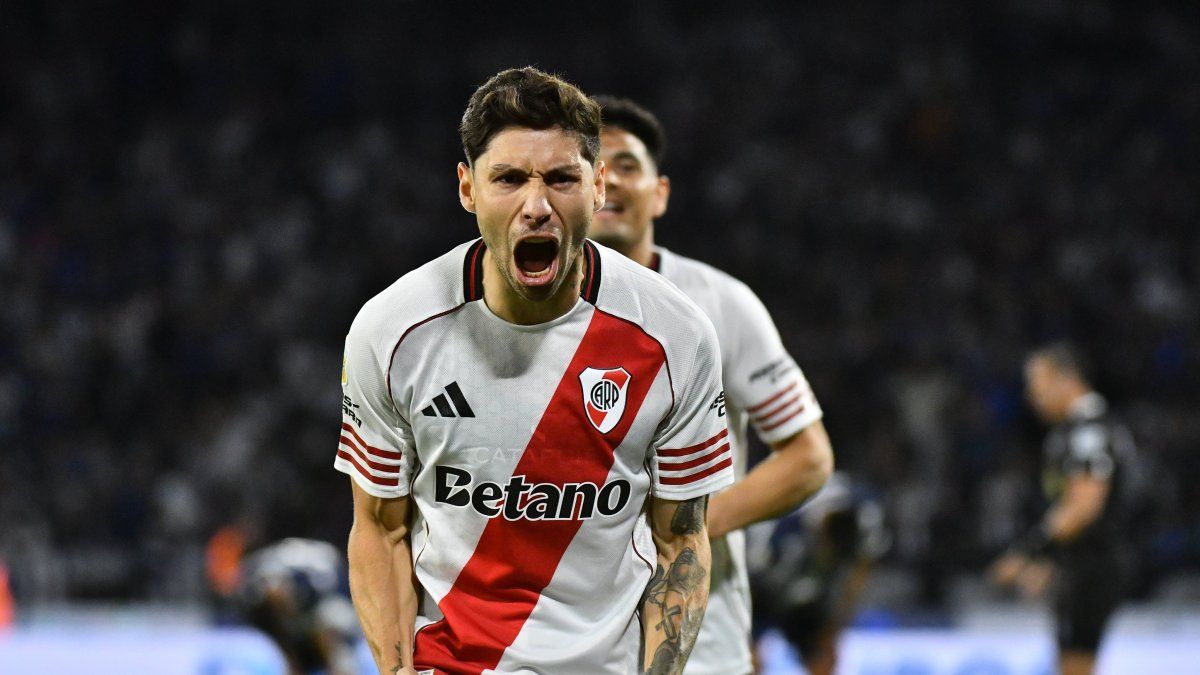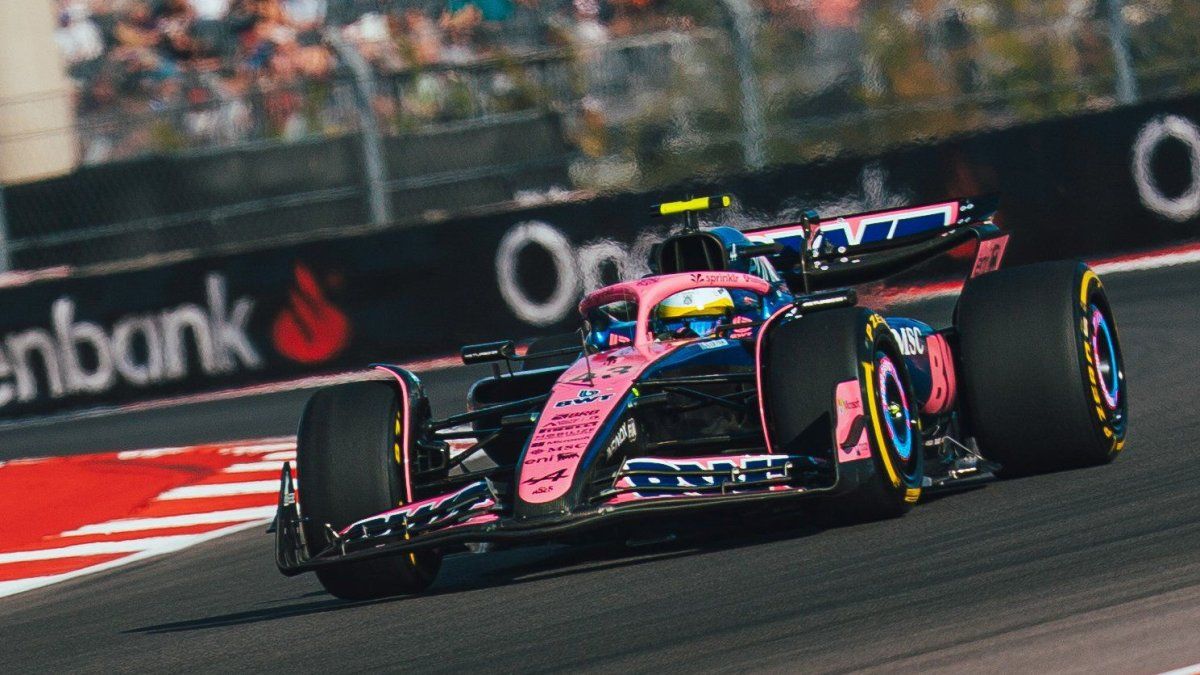The political mood in the South Caucasus Republic is heated. The opposition is now hoping for an early parliamentary election. All eyes are on a man who is in custody.
In the midst of new domestic political tensions, mayors and local parliaments have been elected in the South Caucasus Republic of Georgia.
The vote on Saturday was considered an important mood test for the ruling Georgian Dream party and the largest opposition party, the United National Movement, of ex-President Mikhail Saakashvili, who was arrested on Friday. The outcome of the vote should also decide on new protests. The two political camps were already claiming victory for themselves.
No reliable results yet
Hours before the polls closed, Prime Minister Irakli Garibashvili claimed, according to the Georgian media, that the ruling party had won the election “convincingly”. The head of the United National Movement, Nika Melia, made a similar statement. Support for the opposition was particularly evident in the capital Tbilisi. The 41-year-old Melia wants to become the new mayor there.
The first reliable results were expected on Sunday night. Various post-election surveys saw the ruling party between 38 and 47 percent, the largest opposition party between 27 and 33 percent of the vote.
In the evening (local time), the electoral commission stated that participation in the local elections was 41 percent. There were no major incidents. With the vote, the polarization in society must be ended, demanded the President Salome Zurabishvili.
EU mediates
The situation in Georgia with 3.7 million inhabitants has been tense since the parliamentary elections last autumn. The opposition accuses the Georgian dream of forging and has partially boycotted the work in the new parliament. There were mass protests.
The opposition wanted to see the results of the local elections as a referendum for early parliamentary elections. If the Georgian dream receives less than 43 percent of the vote, new elections would have to be called, demanded several parties.
This provided for a compromise brokered by the EU between the two political camps. The ruling party terminated the agreement in the summer because the United National Movement had not signed the agreement. She also argued that many points had already been implemented. The Georgian Dream won 43 percent of the vote in the general election.
Ex-President arrested
The mood in the country was additionally heated up by the arrest of the ex-president, who was wanted by an arrest warrant, on Friday. Saakashvili, who had been convicted of abuse of office and who last lived in Ukraine, had returned to Georgia voluntarily. He called on his supporters to protest again after the election.
“My freedom and, above all, the freedom of Georgia depends entirely on your actions and your fighting strength,” he wrote in the short message service Twitter. According to the party, he is on a hunger strike. He sees himself wrongly in a prison near Tbilisi.
Saakashvili was sentenced to several prison terms after being voted out of office in 2013. He was President of Georgia from 2004 to 2013 and implemented pro-Western reforms. After the August War he started in 2008, Russia recognized the breakaway Georgian territories of South Ossetia and Abkhazia as independent states. He had announced his return to his home country in the past few days.
According to the Interior Ministry, the politician was arrested on Friday in an apartment in Tbilisi. He is being investigated for illegally crossing the border. The owner of the apartment was also in police custody. Ukraine called for the ex-head of state to be protected. Georgia’s President Zurabishvili has made it clear that she does not want to pardon Saakashvili.
David William is a talented author who has made a name for himself in the world of writing. He is a professional author who writes on a wide range of topics, from general interest to opinion news. David is currently working as a writer at 24 hours worlds where he brings his unique perspective and in-depth research to his articles, making them both informative and engaging.




